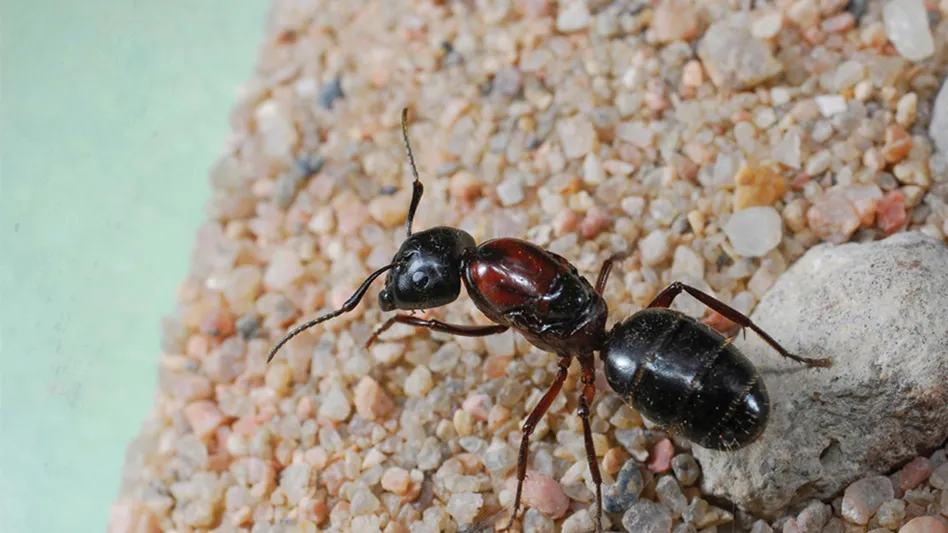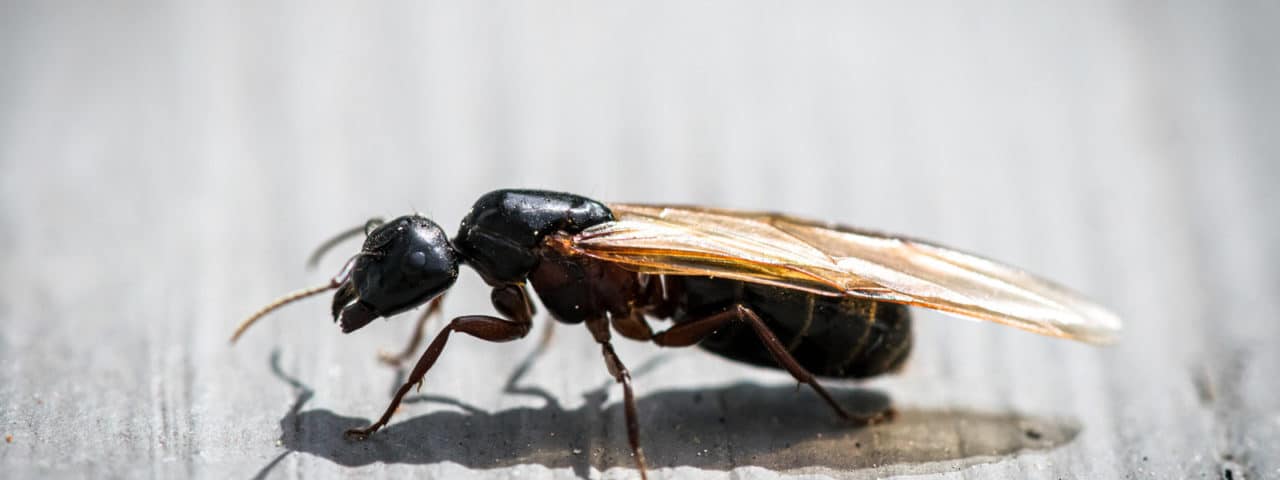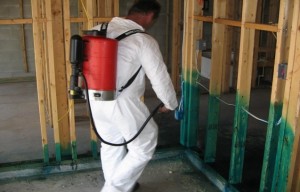Specialist Ant Control Services: Personalized Treatments for Enduring Results
Wiki Article
Environmental Impact of Parasite Control: Harmonizing Efficiency With Sustainability
The environmental impact of insect control is an important issue that needs a delicate equilibrium between accomplishing effectiveness in ensuring and handling bugs sustainability of our environments. As we strive to shield our plants, homes, and health and wellness from the risks positioned by insects, the methods we use can unintentionally harm the atmosphere. From using damaging chemicals that seep into our soil and water to the unplanned consequences on non-target types, the effects of conventional insect control practices are far-reaching. There are arising methods that provide hope for an extra sustainable approach to pest management. These solutions not just aim to attend to the prompt insect issues but additionally take into consideration the long-lasting health and wellness of our world.Hazardous Chemicals in Bug Control
The usage of harmful chemicals in bug control postures significant ecological and health threats that require mindful factor to consider and mitigation methods. Insecticides, pesticides, and herbicides are generally used to remove insects, however their prevalent application can lead to unintentional repercussions. These chemicals can contaminate soil, water sources, and the air, impacting not just the targeted pests however additionally valuable bugs, wildlife, and human beings.
To address these risks, integrated bug management (IPM) techniques are being promoted as an extra sustainable alternative. IPM involves a mix of methods such as biological control, habitat control, and the targeted usage of pesticides as a last option (ant control davidson nc). By taking on an all natural technique to pest control, we can reduce the ecological and wellness impacts related to hazardous chemicals while effectively managing pest populations
Effect On Non-Target Variety
Considering the unintentional effects of parasite control methods, the effect on non-target varieties is a critical aspect that calls for detailed examination. While bug control measures intend to target certain bugs, various other microorganisms in the community might be inadvertently affected. Non-target types, including valuable pests, birds, creatures, and even plants, can suffer indirect or direct harm from chemical applications or biological control methods.Pesticides can have sub-lethal or dangerous effects on non-target species. Insecticides created to fight a specific insect bug may damage pollinators like bees or all-natural killers such as ladybugs. Furthermore, chemical deposits can accumulate in the environment, affecting non-target organisms in time. Likewise, organic control representatives, if not species-specific, can present threats to unexpected targets, interfering with the eco-friendly equilibrium.
To mitigate the influence on non-target varieties, integrated pest monitoring (IPM) strategies that emphasize an alternative technique to pest control are advised. These methods focus on using eco-friendly methods, lessening damage to beneficial microorganisms while properly handling pest populaces. Performing detailed risk assessments and monitoring the end results of pest control efforts are crucial actions in securing non-target species and promoting total environment wellness.
Dirt and Water Contamination
Unexpected ecological consequences of bug control approaches extend beyond impacting non-target types, with substantial ramifications for soil and water contamination. Pesticides, herbicides, and chemical plant foods made use of in pest control can leach into the soil and infect groundwater, posing a danger to both aquatic and earthbound ecosystems. Dirt contamination can interrupt the balance of microbes important for nutrient cycling and plant development, resulting in decreased soil fertility and efficiency. These chemicals can persist in the environment for prolonged periods, collecting in the soil and potentially getting in the food chain.Water contamination is another critical concern connected with pest control techniques. Drainage from farming fields treated with chemicals can lug these chemicals right into nearby water bodies, impacting marine microorganisms and water high quality. Contaminants in water resources can have far-reaching consequences, impacting not only water life yet also human health with the consumption of contaminated water or aquatic organisms. To mitigate dirt and water contamination from pest control activities, integrated pest monitoring techniques that focus on sustainability and lessen chemical inputs are important.
Air Air Pollution From Chemical Use
Exposure to airborne pesticides throughout farming applications positions a considerable concern for air contamination control actions. Additionally, pesticide drift, where chemicals are lugged by the wind to unintentional areas, can lead to the contamination of nearby ecological communities and water bodies.
Strategies for Sustainable Parasite Control
In the world of agricultural methods, executing sustainable insect control methods is critical for maintaining environmental equilibrium and guarding crop returns. Sustainable pest control highlights using eco-friendly techniques to handle insect populations successfully while lessening injury to non-target microorganisms and ecological communities. Integrated Parasite Administration (IPM) is a commonly adopted technique that combines biological, cultural, physical, and chemical control approaches to achieve long-lasting bug monitoring options.Crop rotation and diversity are additionally effective methods to disrupt pest life cycles and produce much less beneficial you can try these out problems for insects to flourish. Eventually, by incorporating these sustainable bug control strategies, farmers can accomplish an equilibrium in between pest monitoring performance and environmental stewardship.
Final Thought
Finally, the ecological impact of pest control approaches must be thoroughly taken into consideration to stabilize efficiency with sustainability. Harmful chemicals used in parasite control can lead to soil and water contamination, air pollution, and damage non-target species - termite control services. It is vital to carry out sustainable bug control strategies to lessen these unfavorable results on the environment and promote a much healthier environment for future generationsBy taking on a holistic technique to pest control, we can lessen the ecological and wellness effects linked with dangerous chemicals while effectively managing pest populations.

To mitigate the air contamination created by chemical use, it is essential to adopt incorporated parasite administration strategies that prioritize the usage of non-chemical pest control methods, such as crop rotation, natural predators, and resistant crop ranges. Lasting bug control stresses the use of ecologically friendly methods to handle pest populaces properly while minimizing harm to non-target organisms and ecosystems. Integrated Bug Management (IPM) is a widely embraced approach that combines organic, social, physical, and chemical control techniques to attain long-term insect management solutions.
Report this wiki page